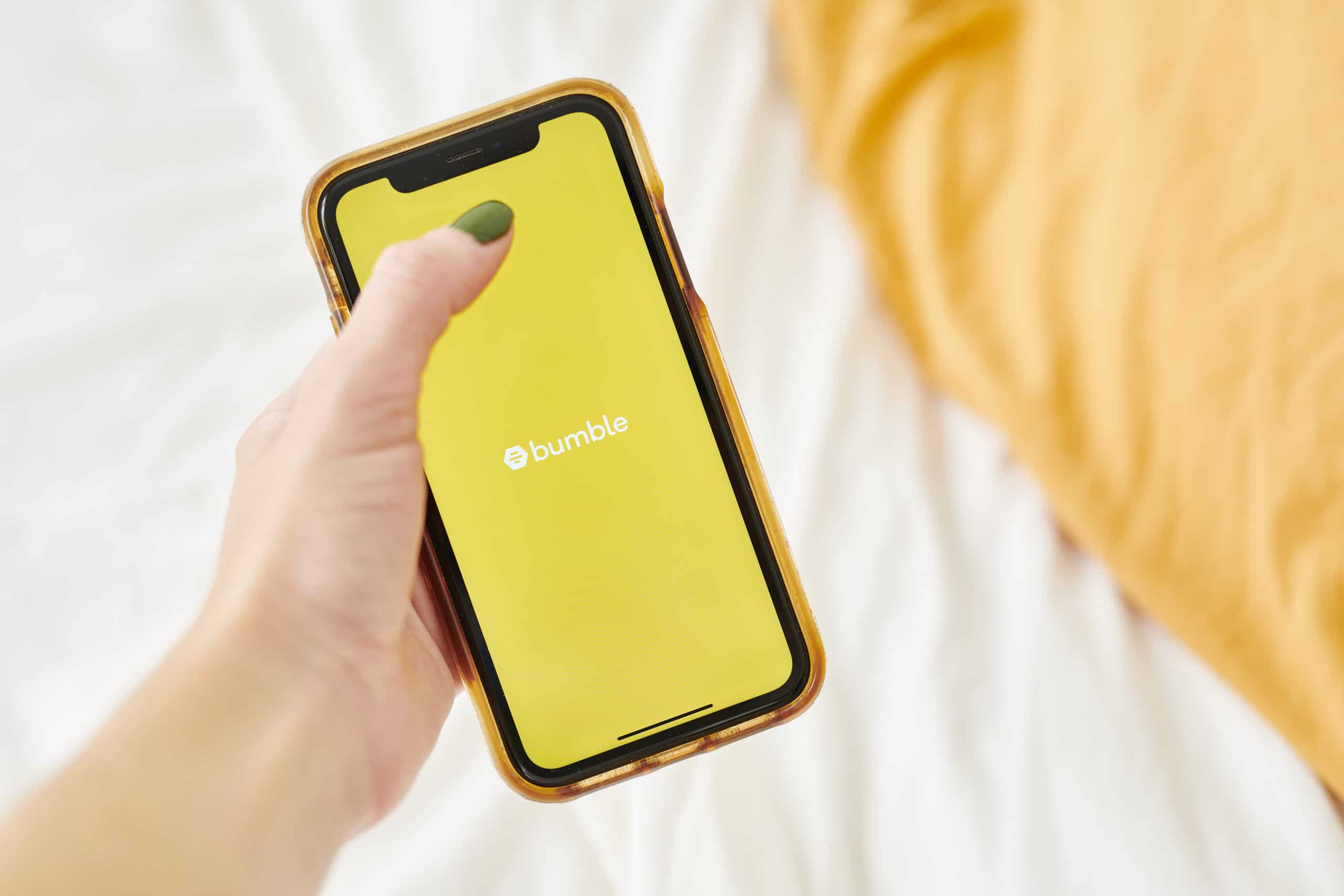The $2.2 billion initial public offering of dating application Bumble on Thursday went off like so many before it. Bumble’s bankers upped its IPO price about 50% from an initial range to meet fierce demand for shares, but it didn’t tame the raging animal spirits of investors bidding up tech stock valuations into the stratosphere. Bumble shares skyrocketed 63% on its first day of trading, making founder and CEO Whitney Wolfe Herd, 31, the world’s youngest self-made woman billionaire.
Add Wolfe Herd to a long line of new billionaires from Zoom’s Eric Yuan, to Snowflake’s Frank Slootman, Peloton Interactive’s PTON +5.6% John Foley and C3.ai’s Tom Siebel, who have all seen their fortunes soar due to piping hot IPO markets. However, instead of generating yet another big haul for a handful of Sand Hill Road venture capital firms, it was Blackstone Group, the world’s largest private equity firm, that also hit the jackpot on the IPO.
Just 15-months ago, Blackstone plowed over $2 billion of cash to take control of Bumble’s parent company, MagicLab, at a $3 billion valuation, making an unconventional investment for the $619 billion (assets) mega-firm in a mobile dating application. Blackstone’s initial investment has already returned about $2.3 billion in cash due to dividends and proceeds from Bumble’s offering and the PE firm still sits on shares worth about $4 billion.
For Blackstone’s flagship $18 billion buyout fund, BCP VII, the deal is a home run. All in, the firm has already made over four-times its initial investment, according to Forbes’ calculations. The windfall is mostly housed in the fund, and others like its tactical opportunities and growth funds. But it’s hardly an aberration. Look across Blackstone’s private equity portfolio and the firm seems to be sitting on a gold mine of similar dealmaking coups in companies involving digital payments, cloud software and data.
Blackstone’s massive takeover of Refinitiv from Thompson Reuters recently merged with the London Stock Exchange. Paysafe, an online payments company that is planning to go public in a Spac deal, looks like it will yield a return of about three-times for Blackstone. Ultimate Kronos, a cloud company focused on human resources and managing employees, which Blackstone jointly owns with Hellman & Friedman, is a potential mega-sized tech IPO for Wall Street to expect in coming years. Add it all up and Blackstone may about to start cashing in on a buyout fund that sets a new bar for making money at the firm.MORE FOR YOUHow To Answer New, Hard Interview Questions Employers Now AskWhy Billion-Dollar Startup Airtable Built A C-Suite Of Outside Tech Veterans During Covid-19The Wealthy Are Moving To These 5 U.S. Mountain Towns
At year-end 2020, Blackstone’s BCP VII fund, which finished investing in February 2020 just as the pandemic hit, was marked at a 15% net IRR, or a 1.5-times multiple on invested capital, according to filings. Dividend recaps of Bumble and IntraFi, and the sale of Cloverleaf Cold Storage to Americold have returned over $2 billion in cash. As of the fourth quarter, the fund’s net accrued performance revenues were $688 million, filings show. Normally, it takes many years for private equity profits to be realized, but with financial markets sopping up every offering that comes down the pike, the fund is operating at a sprinter’s pace. With new bumble profits now in the bank, it already looks to be a big driver of overall profits for Blackstone in 2021.
Overall, Blackstone is benefitting from being on the right side of technology trends and possessing a portfolio loaded with companies well suited for current markets. In real estate, it says its performance is tracking 1,300 basis points above the REIT Index due to big bets on logistics and life science real estate, and an underweight position in retail and office assets. It’s flagship real estate fund BREP VIII $16.6 billion real estate fund has already returned nearly $14 billion to investors at a multiple of 2.3-times their money thanks to deals like BioMed Realty Trust, and it sits on a total portfolio valued at over $27 billion.
Coming out of the enormous disruption of the pandemic, Blackstone is beating the drum that the firm is firing on all cylinders. Now that it has listed Bumble, Blackstone’s growth equity business may be the next business to list a massive windfall as it aims to bring oat milk company Oatly public.
“For the past several years, we’ve been orienting the firm towards faster growing areas such as life sciences and those connected to the digital economy,” said Jonathan Gray, president and COO of Blackstone, in the company’s fourth quarter earnings call in late January. “These continue to be amongst the best-performing sectors of the market and were the largest drivers of appreciation in our funds, including our holdings in global logistics, digital payments and enterprise software.”
On Thursday, Blackstone shares closed above $70, near record highs, having returned over 10% year-to-date.
For more:
See Forbes’ cover story on Bumble founder Whitney Wolfe Herd, our 2019 investigation into its culture, and how Wolfe pulled off the company’s massive, Blackstone-backed IPO.
By Antoine Gara, Forbes Staff
